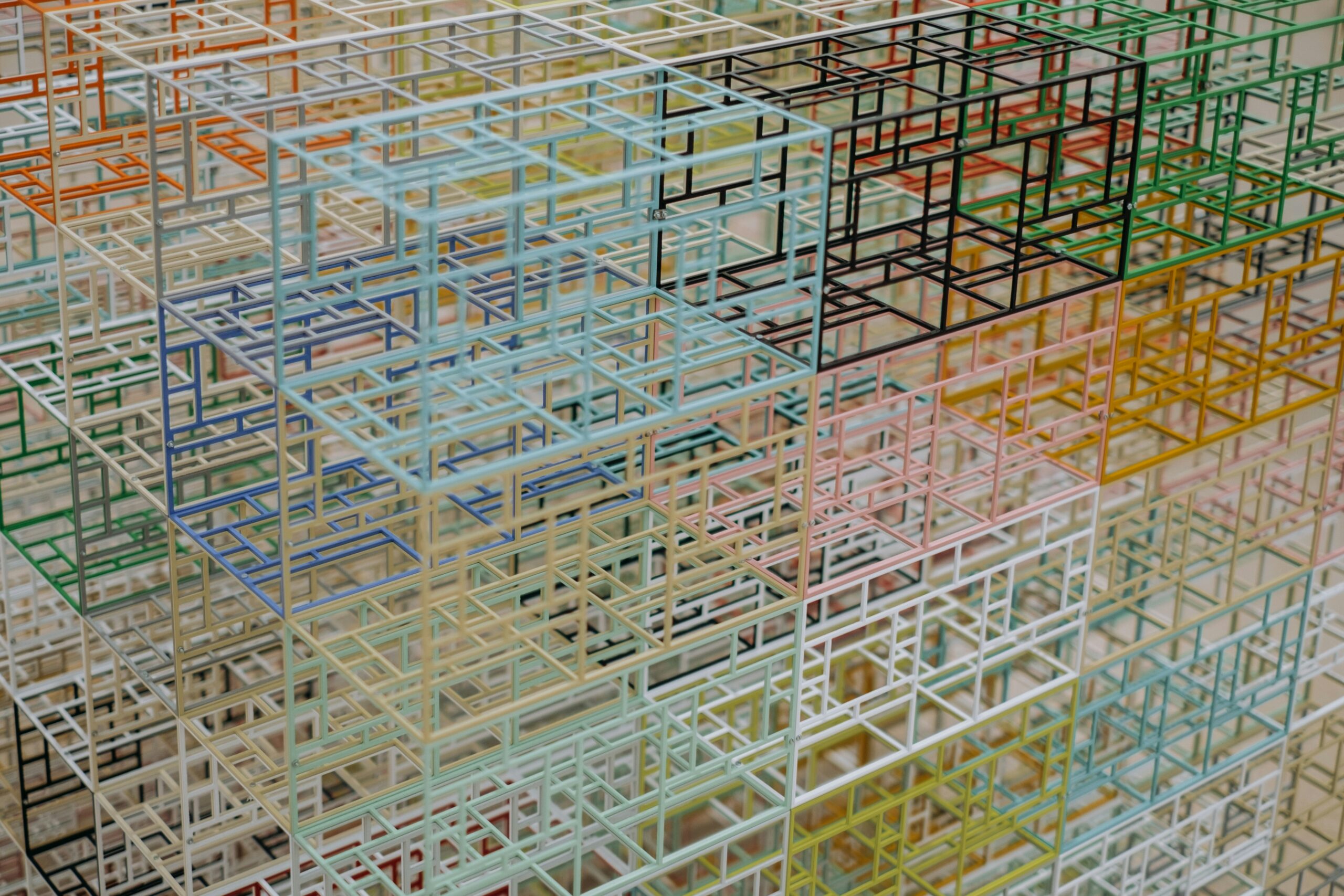Plastic is the most versatile material in manufacturing, and the machining processes used to make plastic products are just as diverse. Ranging from CNC machining, to 3D printing, to injection molding, manufacturers apply a variety of applications to supply plastics to markets all over the globe. The Performance Plastics Association (IAPD) identifies 26 major markets that use plastics, including medical, automotive, aerospace, transportation, retail, and more.
This is an evolving market, changing over time as technologies progress. Thermoplastics such as polyethylene, acrylic, and nylon now make up roughly 75 percent of worldwide plastic usage. These plastics are stronger and lighter than traditional plastics because of the chemical bonds that form when the polymers are heated. This has exponentially increased the possibilities for the shape, size, and utility of plastic products.
Having worked with plastics for decades, CMS has developed an expertise in this versatile material. We’ve found our own best practices—and we want to pass them along. For manufacturers of plastics, here are some important considerations.
Dust-Collection for Carbon Fiber
Most CNC machines can handle a variety of materials, and plastics are the stock-and-trade of the machining industry. Even so, more advanced plastics like carbon fiber come with their own unique challenges, all the more so as carbon fiber becomes more cost-effective, and therefore more widely used. Manufacturers can keep up with this increased use—but only if they consider a few important considerations.
With the machining of carbon fiber, dust collection becomes more important than ever. This requires more protection on rail bearings, rails, and electronic cabinets. While many CNC manufacturers think about dust collection as an afterthought, CMS has found that it’s essential to consider it in the actual design of our machines. Many companies use dust hoods around the spindle for point-of-generation dust collection, but we recommend going further. CMS machines include larger dust hoods and connections for high-volume pickup, and our enclosed machines mean that more dust is being contained.
Aggressive materials like carbon fiber are hard on machines. Manufacturers who neglect dust collection will wear out their machines more quickly. But we can protect our machines with better practices, so that aggressive materials like carbon fiber don’t lead to machine failures and costly delays.
Avoiding Melting
Whereas a router might risk burning or tearing a wood material due to organic inconsistencies in the grain, plastics are in greater danger of melting. A well-trained machine operator can mitigate most problems by adjusting spindle speeds, feed rates, cutter geometry, and the direction of the cut—but they can also up their game by implementing some extra tools. When working with plastics, it can be helpful to utilize a nozzle to blow cool air directly on the cut and prevent melting. Similarly, a cool gun can be beneficial, blowing a jet of air on the part and reducing temperatures. Most melts can be avoided with the right considerations.
Drilling Plastics
When drilling plastic, operators risk tearing or cracking the area around the hole. Additionally, more complex plastics like acrylics and polycarbonates are more susceptible to tearing at the edges if improperly machined. It’s essential to keep drill bits sharp. Furthermore, as CNC drilling produces significant heat, it’s important to watch for stress and damage. As such, it is recommended to have a reduced feed rate when the drill is exiting the material, as well as a drilling depth that is less than four times the drill diameter.
Final Considerations
CMS is not new to the plastics market. We’ve been at it a long time, and we’ve seen how many factors are necessary to account for in machining plastics. We’ve fine-tuned our vacuum systems, rigidity, and overall CNC machine construction with an eye toward cut quality, productivity, optimization, and cost-effectiveness—and we offer those qualities to every customer we serve.
Rather than offering minimal solutions that customers have to figure out on their own, we do our best to offer a complete package—including training, software, installation. Our software is some of the most advanced in the industry, giving operators the capability to see inside their machines from a holistic perspective so that they can manage difficulties proactively instead of reactively.
Machining plastics is a huge part of the modern manufacturing world. It’s important that we do it right.


